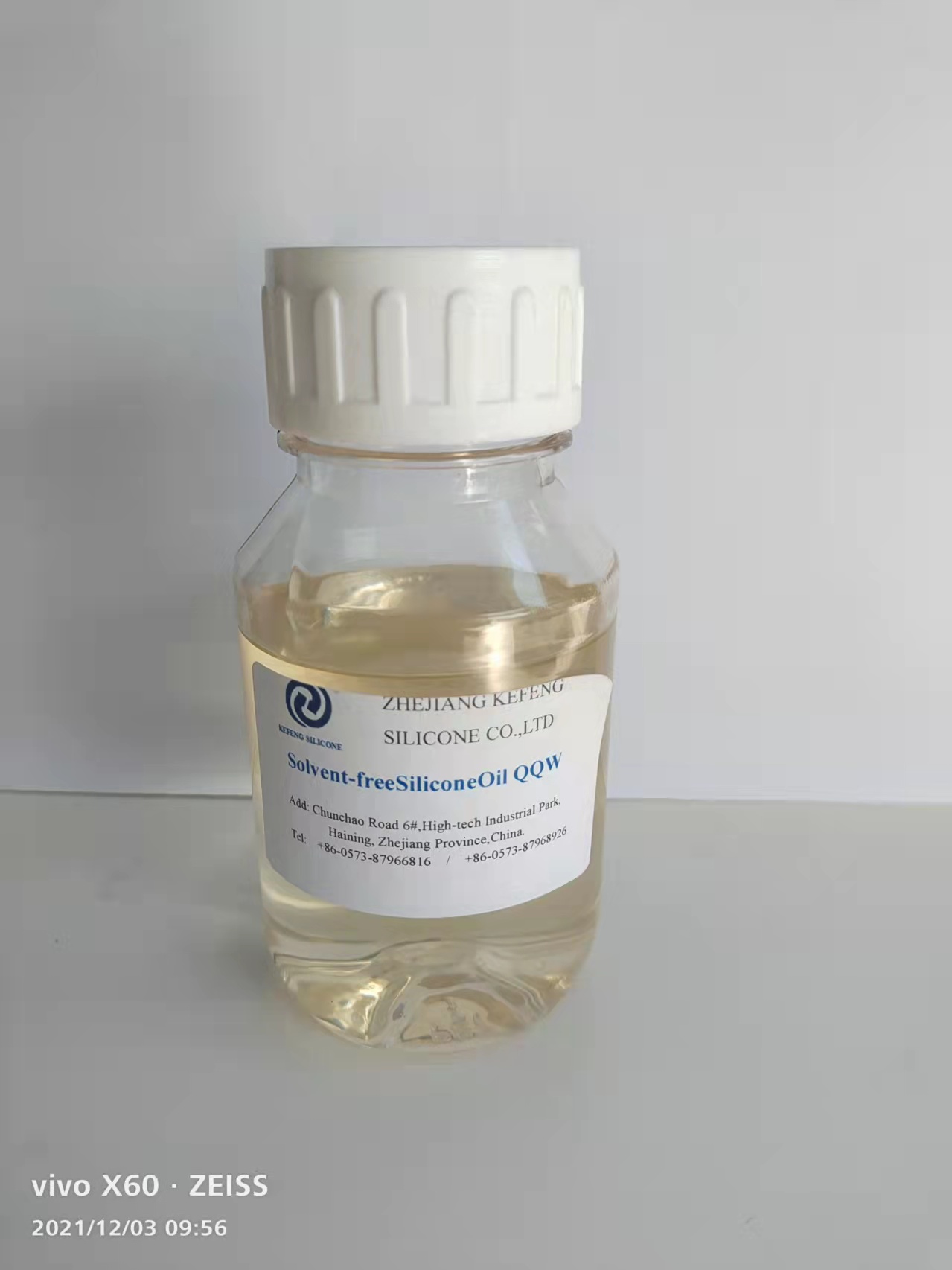

Views: 2 Author: Site Editor Publish Time: 2023-11-03 Origin: Site

As the global community becomes more conscious of the impact that industries have on the environment, there has been a growing demand for eco-friendly textile dyes in sustainable manufacturing. Traditional dyeing methods involve the use of chemicals and synthetic materials that can lead to pollution and health hazards. However, with the development of eco-friendly dyes, the industry can aim to reduce its negative impact on the environment.
Eco-friendly textile dyes are made from natural materials such as plant extracts, minerals and vegetable matter. They are typically biodegradable, non-toxic, and do not cause harm to the environment or human health. In addition, they require less water and energy to produce than traditional dyes.
There are several benefits to using eco-friendly textile dyes in sustainable manufacturing. Firstly, they promote sustainable and responsible production by reducing the industry's carbon footprint. They also offer a healthier and safer work environment for those involved in the dyeing process. Furthermore, eco-friendly dyes create unique and vibrant colors that are highly sought after in the fashion industry.
The shift towards sustainable manufacturing and the use of eco-friendly textile dyes is a positive step forward in reducing the negative impact that the textile industry has on the environment. This trend towards environmentally friendly practices is becoming increasingly popular, and manufacturers who adopt these practices are often rewarded with increased consumer awareness and loyalty.
In conclusion, eco-friendly textile dyes are an important component of sustainable manufacturing in today’s environmentally conscious world. They offer numerous benefits to the textile industry and the environment as a whole, by reducing pollution, conserving resources, and promoting responsible production. As consumers become more aware of the impact of their purchasing decisions on the environment, it is up to the industry to keep up with their evolving demands for eco-friendly and sustainable products.
